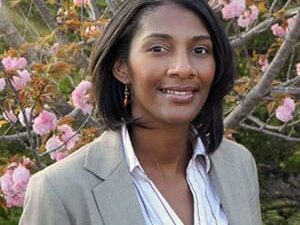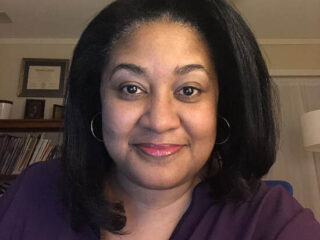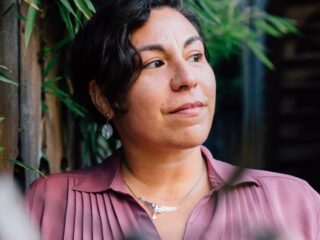
MIT Teaching Systems Lab
People & Projects Working at MIT TSL with
Panel: Panel 1
Panel 1: Rebooting the Professional Learning Community (PLC) to create equitable, sustainable and effective approaches to job-embedded math learning with colleagues
Professional Learning Communities have been around for a long time and have taken many forms. However, what is the evidence that they can change teachers’ math practice? Some experts have called into question PLCs’ ability to change teacher math practice without a simultaneous effort to help teachers examine their beliefs and assumptions about student learning and rebuild a stronger mathematics teaching practice that better serves a diverse range of students. Some newer designs for professional learning provide ongoing opportunities for teachers to learn with colleagues in their own schools and from their own students through lesson study, learning labs, studios, video clubs, etc. How can we redefine organized learning with colleagues with the aim of focusing on the challenging work of critically examining math instructional practices and students’ learning experiences? This panel will highlight possible models for teachers’ job-embedded math professional learning.
Professional Learning Communities have been around for a long time and have taken many forms. However, what is the evidence that they can change teachers’ math practice? Some experts have called into question PLCs’ ability to change teacher math practice without a simultaneous effort to help teachers examine their beliefs and assumptions about student learning and rebuild a stronger mathematics teaching practice that better serves a diverse range of students. Some newer designs for professional learning provide ongoing opportunities for teachers to learn with colleagues in their own schools and from their own students through lesson study, learning labs, studios, video clubs, etc. How can we redefine organized learning with colleagues with the aim of focusing on the challenging work of critically examining math instructional practices and students’ learning experiences? This panel will highlight possible models for teachers’ job-embedded math professional learning.








